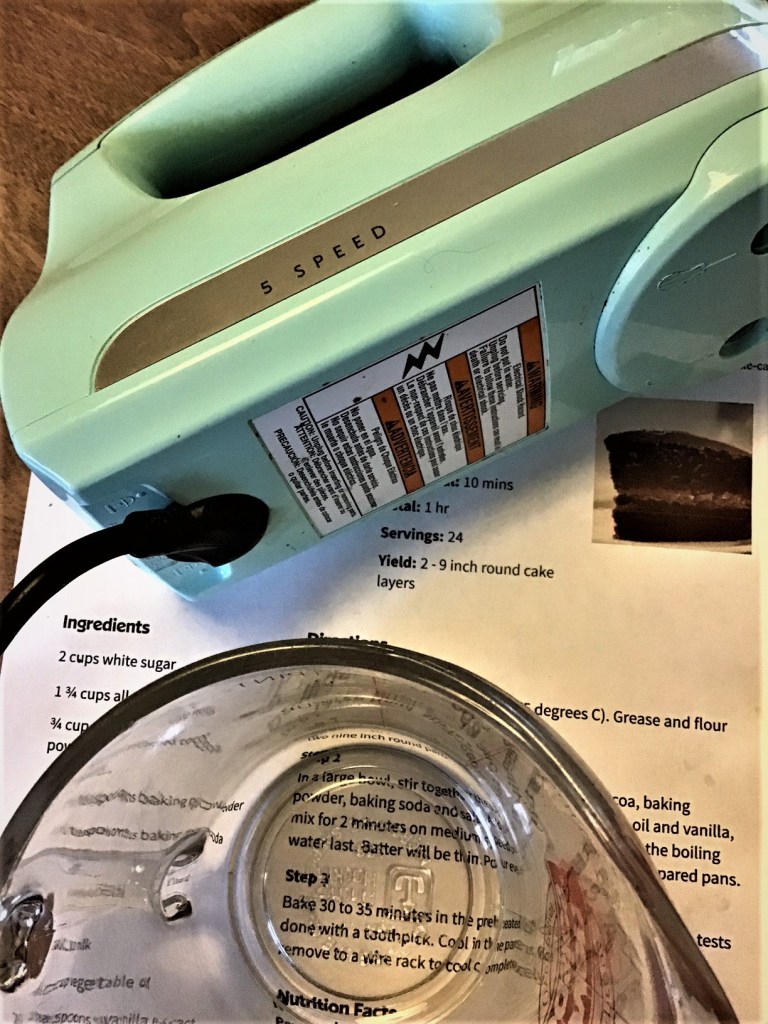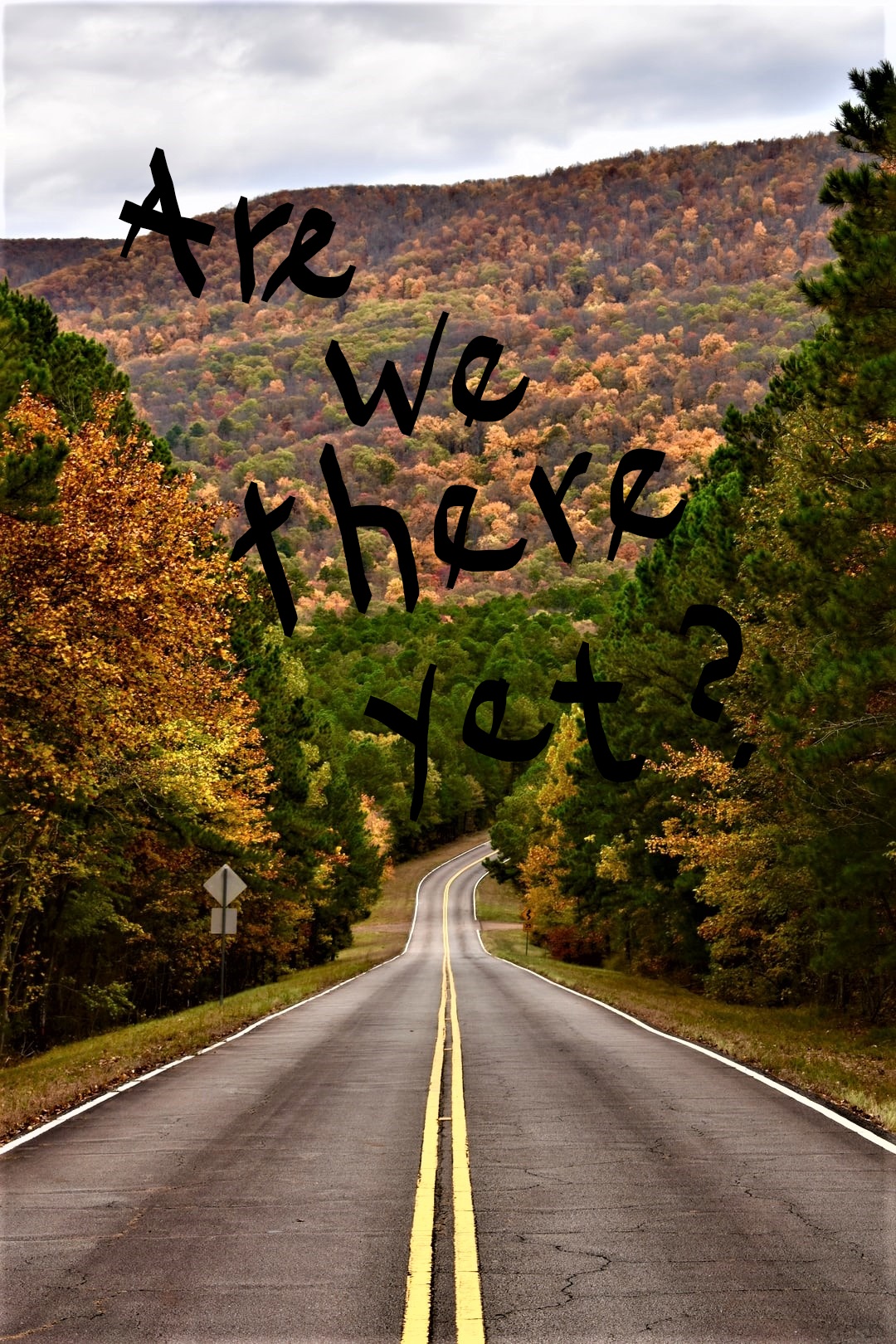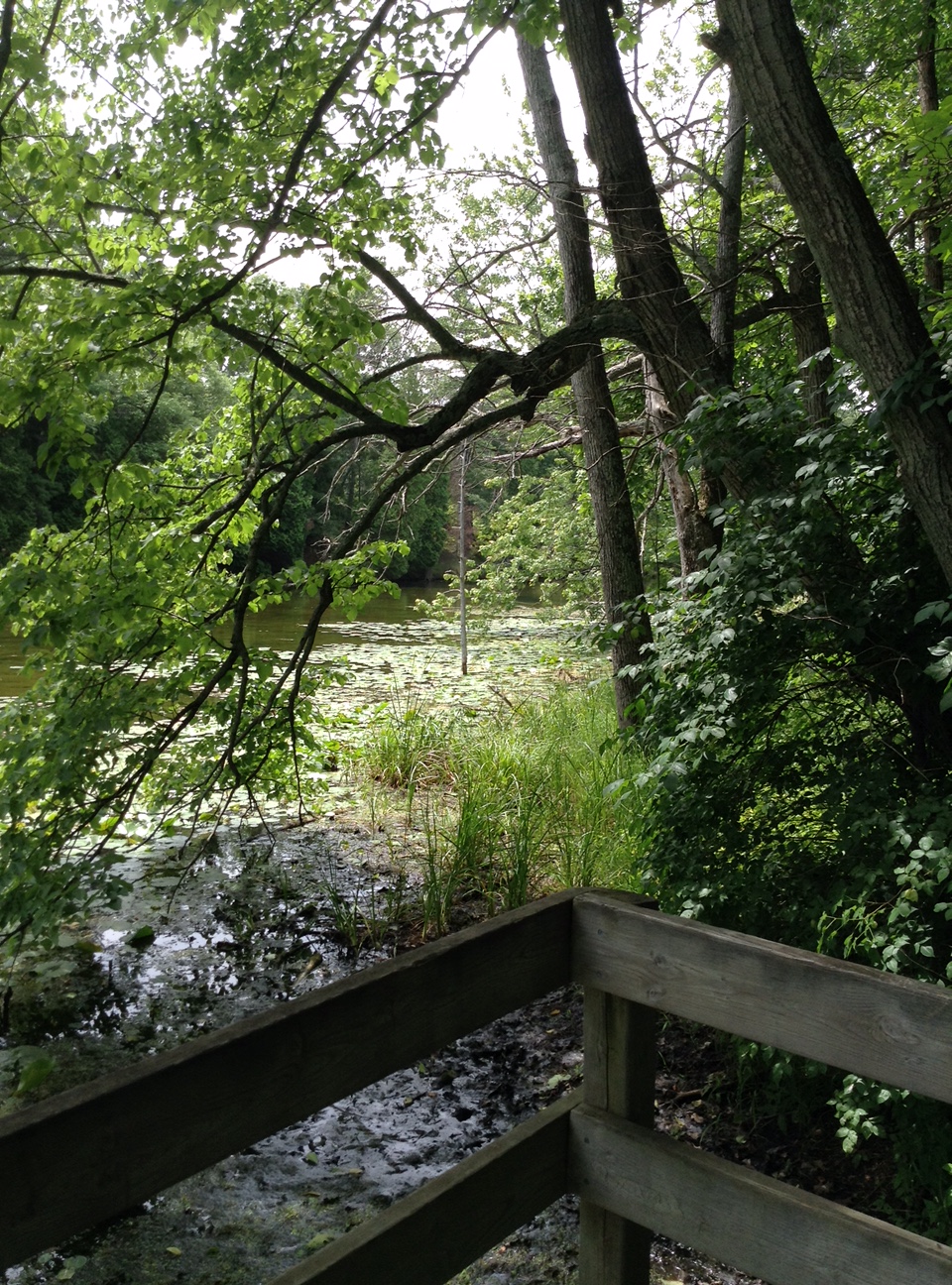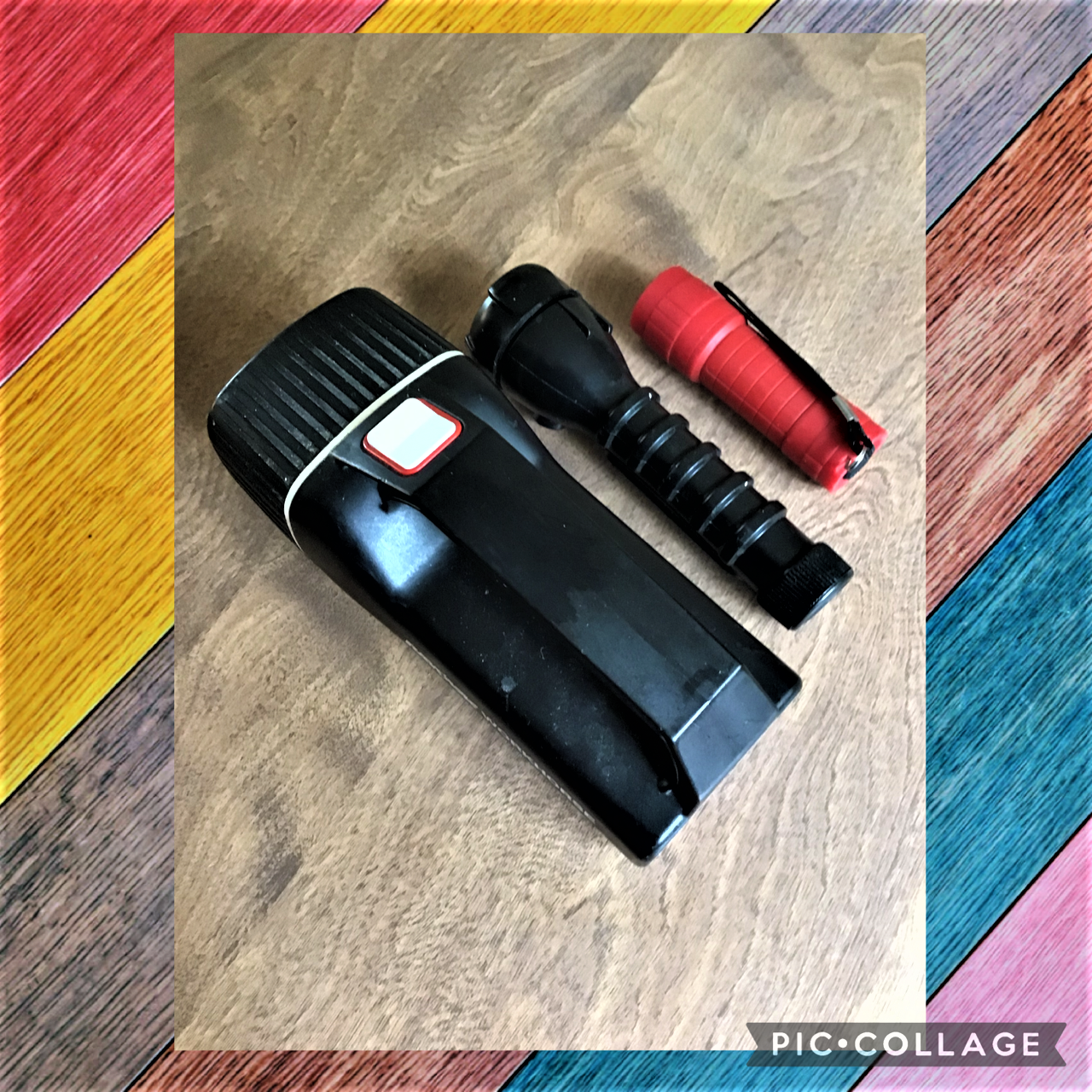Our past offers us two choices … live IN it or live FROM it. (Brittany Burgunder)
One of our upstairs room has been a storeroom. For things. Too many things. For years. Oh why was I born with a creative mind instead of one made of neat everything-has-a-place compartments? With loving help the space is now a playroom. For grandkids. As I go through old photo albums, the next chore, I see pictures of my parents. In a side closet I find my wedding dress again, fifty years after I slipped it into its protective bag, closed the zipper and lived the unexpected life that followed.
I find a poem, written after exploring my father’s house after he died.
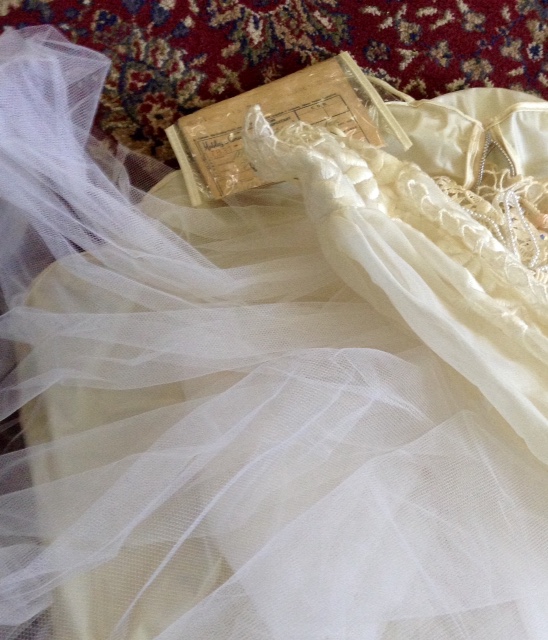
LAST VISIT TO THE HOUSE I CALLED HOME
Dust encases the old homestead.
Encyclopedias from 1963,
boxes of unused pencils,
skeins of yarn with faded fifty-cent
mark-down stickers,
a broken clock.
Most of the saved items are gone,
Dumpster and shredder items wait.
Bags of cancelled checks
on Mom’s closed account.
She died years ago.
Dad’s will to maintain dissolved, too.
In the back yard his loss leaked
into the naked, open space
leaving it flat, withered.
Before the property grew sullen,
I planted seeds for annuals that sprouted into
a tiny-stemmed miniature garden.
They dwarfed next to tomato vines
Dad tied to hand-cut posts.
Sunlight coaxed
white blossoms into green and then red fruit.
Inside the house Mom made soups that
took all day to blend the chicken
with onions, carrots, celery
into a fragrance that filled every nook.
I try to recall an ancient, lingering scent
but it was taken for granted
too long ago. I find my wedding gown
in an eaves closet,
zipped in plastic.
I had changed my name and moved on.
The yellowed department-store receipt
remains attached to the wire hanger.
I wipe off the grime and carry what-was-me
into what-is-me now.
The door locks for the last time.
The sun leaves a sliver of itself
on a pink horizon,
a visible color beyond reach,
like memories, both dark and light,
locked inside things left behind.
Read Full Post »
